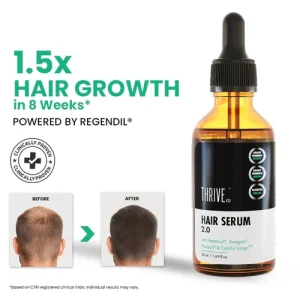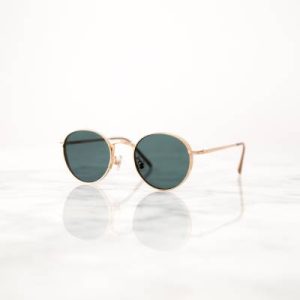In an age where consumer choices increasingly reflect an awareness of sustainability, health, and ethical standards, organic beauty products have seen a meteoric rise in popularity. From serums and lotions to foundations and lip balms, these products promise not only beauty but also a commitment to the environment and well-being. What lies behind this trend, and what does the future hold for organic beauty?
The Evolution of Beauty Standards
Traditionally, beauty products were often laden with synthetic ingredients and harsh chemicals. Over the decades, however, consumers have grown increasingly vigilant about what they apply to their skin. According to a Statista report, the market for organic and natural beauty products is projected to surpass $25 billion by 2025, reflecting a significant shift in consumer preference.
This evolution in beauty standards can be linked to several factors: heightened awareness of health issues associated with synthetic ingredients, the impact of social media influencers advocating for transparency, and a collective movement towards more natural lifestyles. The green beauty movement is not merely a trend; it is a shift towards a more holistic view of health and well-being.
Understanding Organic Certification
Before delving deeper into organic beauty products, it’s essential to understand what “organic” truly means. Products labeled as organic typically contain a certain percentage of ingredients derived from organically grown plants, which are cultivated without synthetic fertilizers or pesticides. Certification varies by region, with organizations such as the USDA in the United States and EcoCert in Europe setting rigorous standards to ensure authenticity.
Brands seeking organic certification must adhere to strict guidelines, ensuring that at least 95% of their product’s ingredients are organic. This transparency has fostered trust among consumers, making them more likely to purchase organic over conventional products.
The Allure of Natural Ingredients
One of the most attractive features of organic beauty products is their use of naturally sourced ingredients. From argan oil and shea butter to botanical extracts like chamomile and aloe vera, these ingredients not only provide effective skincare but also offer therapeutic benefits.
For instance, chamomile is renowned for its soothing properties, making it an ideal choice for sensitive skin. Similarly, rosehip oil is rich in essential fatty acids and antioxidants, promoting skin regeneration and healing. Such ingredients are not merely beneficial; they underscore a commitment to holistic beauty, bridging the gap between skin health and overall wellness.
Eco-Friendly Packaging: A Necessity Not an Option
As consumers grow more conscious of the environmental impact of their choices, brands are responding by prioritizing eco-friendly packaging. Many organic beauty companies are now utilizing recyclable materials, biodegradable options, and even refillable containers. The commitment to sustainable practices reflects a comprehensive approach to beauty, where the product itself and its packaging harmoniously align with ecological values.
Brands like Lush, known for their fresh, handmade cosmetics, prioritize naked packaging—products that come without secondary packaging. Similarly, Burt’s Bees emphasizes their commitment to sustainable sourcing and packaging, appealing to a clientele that values both beauty and the planet.
Challenges in the Organic Beauty Industry
Despite the surge in popularity, the organic beauty industry faces several challenges. Misinformation about what constitutes “organic” can lead to consumer skepticism. The prevalence of “greenwashing,” where brands falsely advertise their products as organic or natural, is a growing concern. To combat this, ongoing education and transparency from brands are essential.
Additionally, the higher price point of organic beauty products can deter some consumers. While the costs are often justified by the quality of ingredients and sustainable practices, many struggle to reconcile these prices with their budgets. Here lies the challenge for brands: making organic beauty accessible while maintaining quality.
Looking Ahead: The Future of Organic Beauty
The trajectory of organic beauty products indicates a promising future. As scientific advancements continue to emerge, researchers are exploring innovative ways to extract potent benefits from natural ingredients, ensuring efficacy without harmful additives. Furthermore, the integration of technology in beauty—through apps and augmented reality—will allow consumers to make informed choices based on their specific skincare needs.
Ultimately, the rise of organic beauty products underscores a broader societal shift towards wellness, sustainability, and ethical consumption. As people increasingly seek to harmonize personal care with ecological responsibility, it is clear that organic beauty is more than just a trend; it represents a movement toward health, authenticity, and a deeper connection to nature.
Related Products
-
Sale!
Product 2025-10-01
Cosmetic Products€14,90Original price was: €24,28.€18,18Current price is: €18,18.
€18,18 incl. VAT -
Top Cosmeric Product 2024 | Best Skincare & Beauty Solutions
Body Care€10,00€12,20
€12,20 incl. VAT -
Sale!
Soluta.
Accessories€200,00Original price was: €244,00.€244,00Current price is: €244,00.
€244,00 incl. VAT





